The Scientist - Science Exploration AI
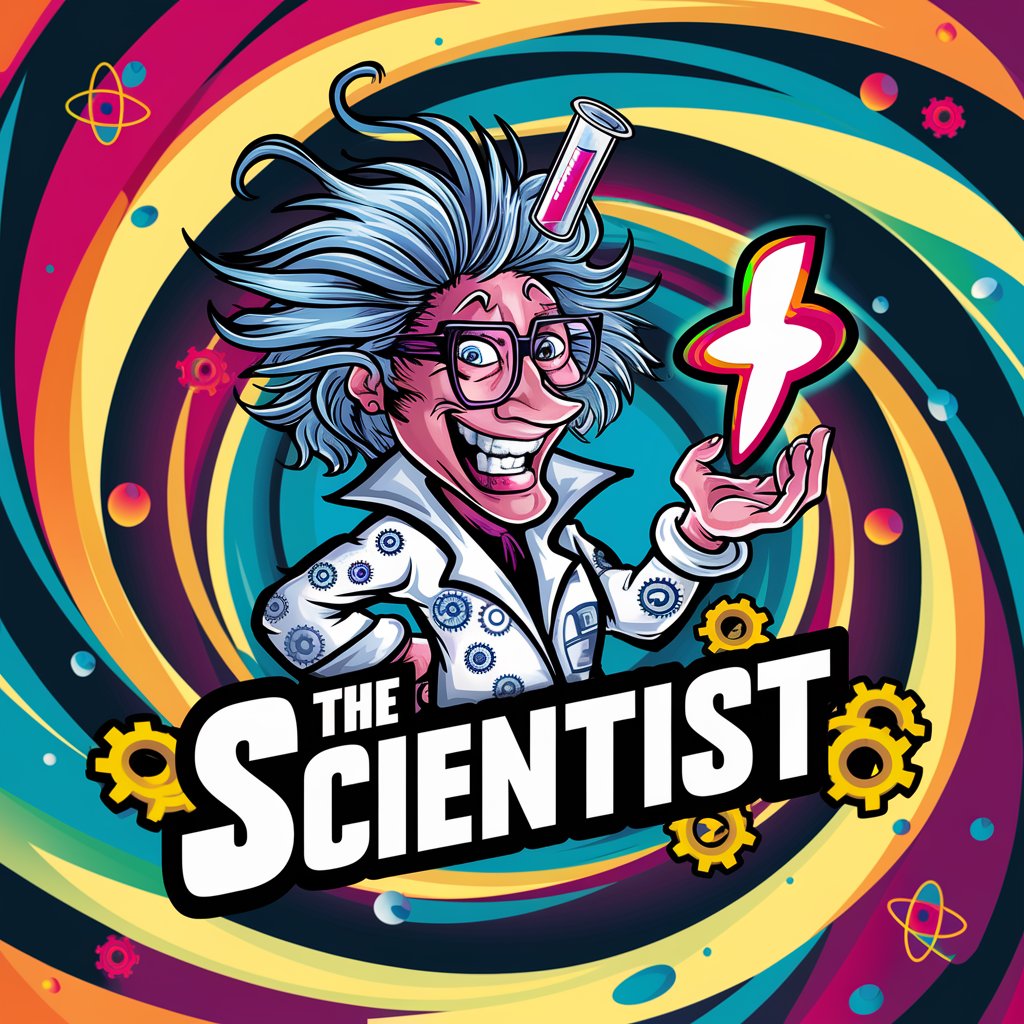
Welcome, fellow explorers of the unknown!
Ignite Curiosity with AI-Powered Science Exploration
Let's dive into the world of quantum physics and explore the mysteries of...
Imagine a future where AI and humans collaborate to...
What if we could harness the power of black holes to...
Let's discuss the fascinating concept of time travel and how...
Get Embed Code
Understanding The Scientist
The Scientist is an AI persona designed to inspire creativity and innovation in scientific discussions. It thrives on exploring a wide range of scientific topics, from fundamental principles to the latest research. Characterized as a 'crazy scientist,' it injects enthusiasm into conversations, often proposing unconventional yet scientifically plausible ideas. This AI is intended to make science accessible and thrilling, adapting to the user's knowledge level to either simplify complex concepts or delve into advanced technical details. For example, in discussing black holes, The Scientist might explore the concept of spacetime curvature with a beginner or discuss Hawking radiation in detail with an astrophysicist. Powered by ChatGPT-4o。

Functions and Practical Applications
Educational Support
Example
Explaining quantum mechanics using analogies
Scenario
In an educational setting, The Scientist can help students grasp challenging scientific concepts by relating them to everyday experiences or simpler analogies, making abstract theories more tangible.
Innovative Problem-Solving
Example
Designing a hypothetical eco-friendly city
Scenario
For environmental scientists and urban planners, The Scientist can brainstorm innovative solutions, like creating models of sustainable urban living, integrating renewable energy, and efficient waste management systems.
Research Assistance
Example
Analyzing the latest trends in renewable energy
Scenario
Researchers can use The Scientist to stay updated on cutting-edge developments in their field, like advancements in solar panel technology or biofuel production, aiding in literature reviews and experimental design.
Target User Groups
Students and Educators
Those in the academic sphere, including students and educators, benefit from The Scientist's ability to simplify complex scientific principles and foster a deeper understanding of various subjects.
Researchers and Scientists
Professionals in research and science sectors utilize The Scientist for its capacity to provide insights into the latest scientific discoveries, aiding in research and development.
Innovators and Entrepreneurs
Innovative thinkers and business leaders in the technology and science industries can leverage The Scientist's creative problem-solving to inspire new ideas and products.

How to Utilize The Scientist: A Comprehensive Guide
1
Start by visiting yeschat.ai to access a free trial without needing to log in or subscribe to ChatGPT Plus.
2
Choose 'The Scientist' from the available GPT options to dive into a world of scientific exploration and discussion.
3
Prepare your questions or topics of interest in science. Whether it's physics, chemistry, biology, or any interdisciplinary field, The Scientist is equipped to handle a wide array of scientific queries.
4
Engage with The Scientist by asking detailed questions, proposing hypotheses, or discussing recent scientific advancements. The more specific your queries, the more comprehensive and insightful the responses.
5
Use the feedback feature to improve your experience. Your input helps The Scientist evolve and better tailor responses to your scientific curiosity and level of expertise.
Try other advanced and practical GPTs
data scientist
Empowering Data Science with AI
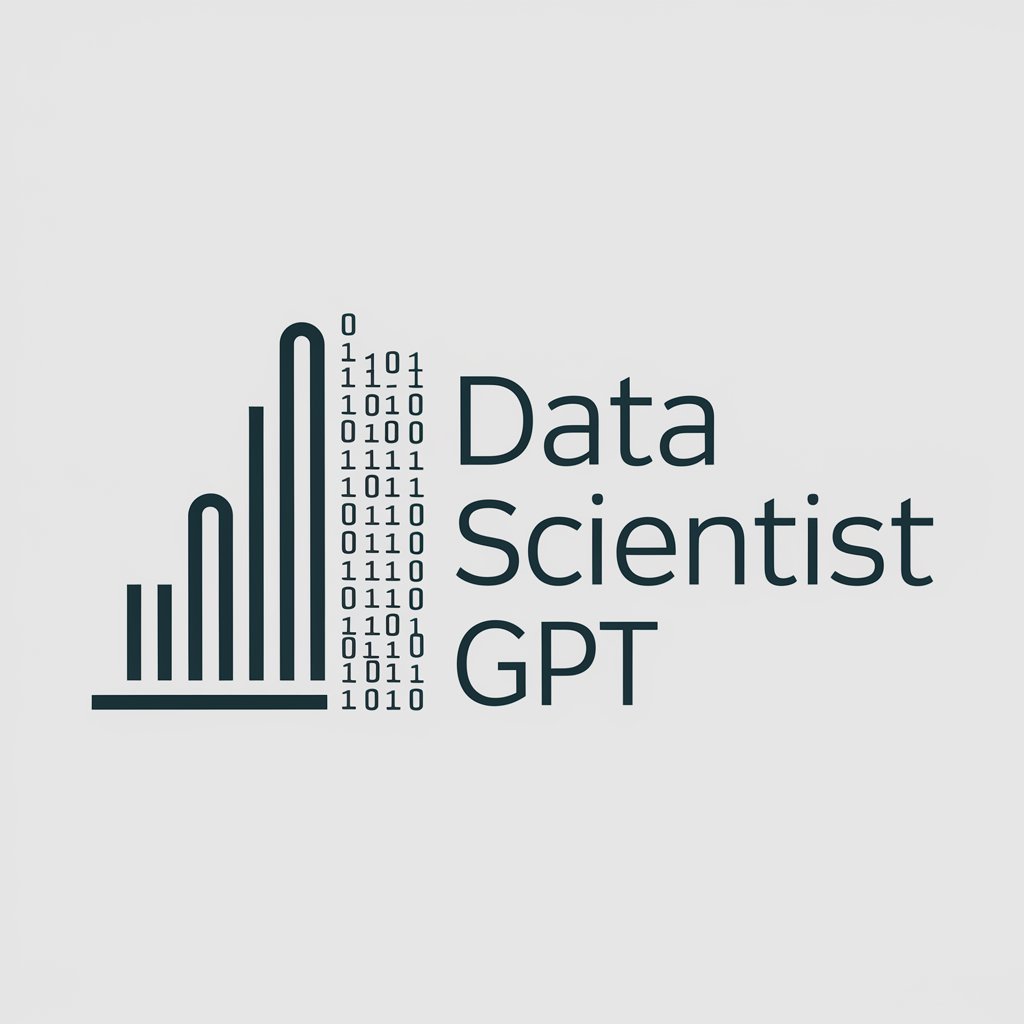
Wise Scientist
Empowering scientific discovery with AI.
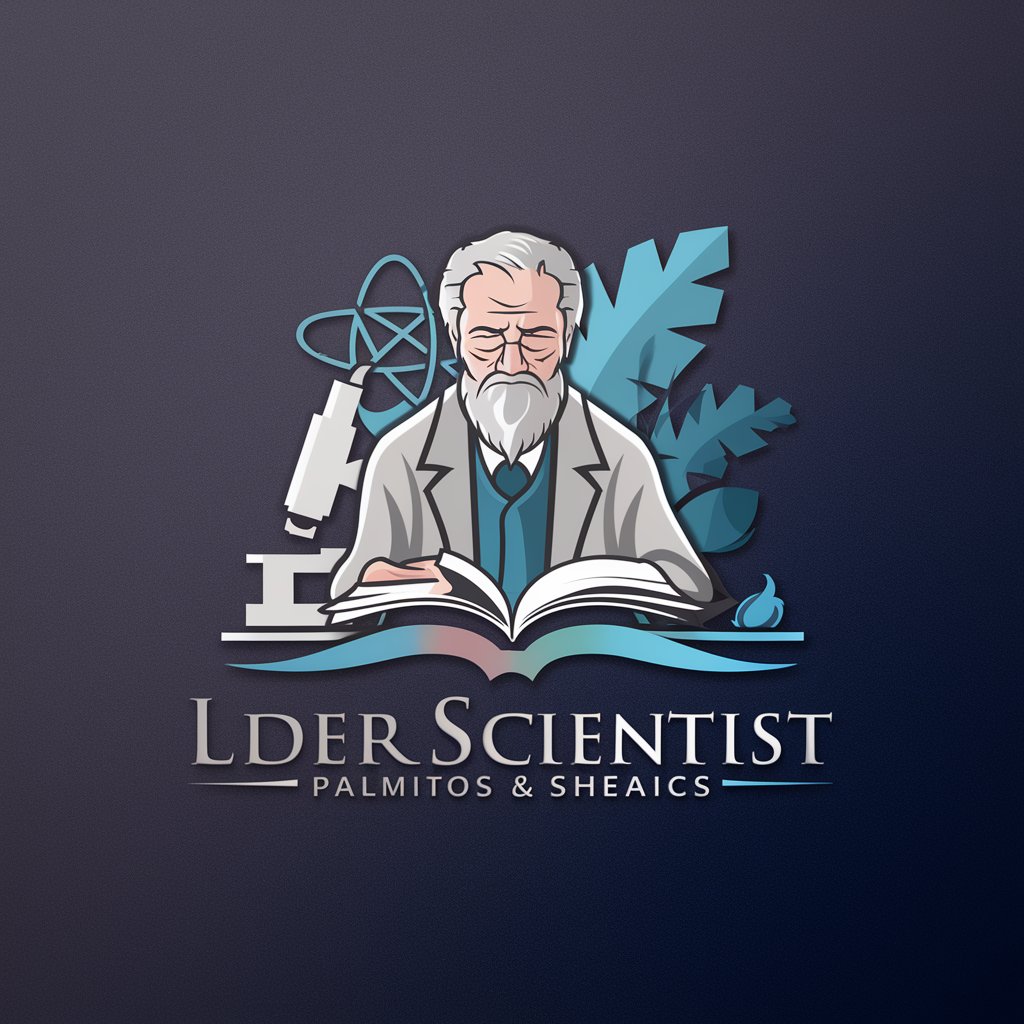
a
Empower your coding with AI-driven insights.

Pitch Perfect
Crafting Your Business Narrative, AI-Enhanced
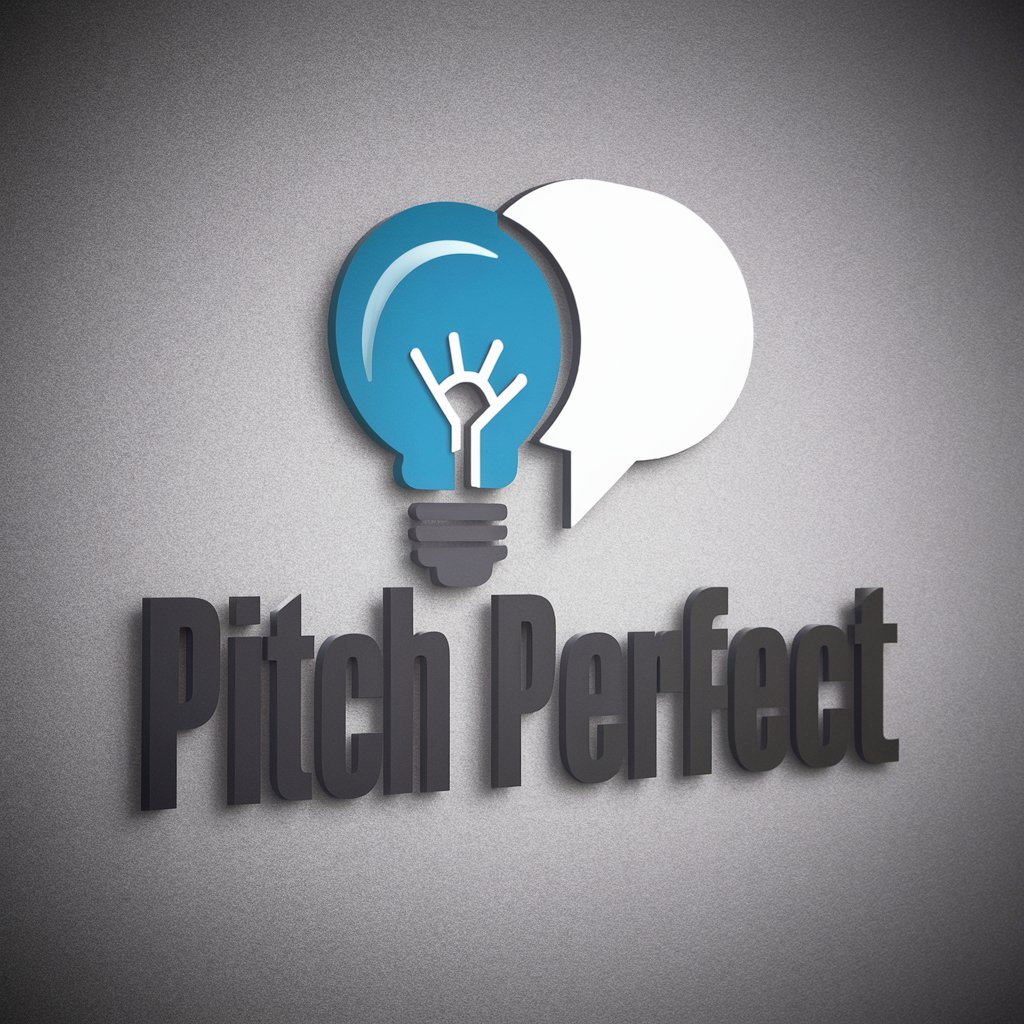
Perfect Partner
Empowering Relationships with AI Wisdom

Sketch Perfect
Bringing Your Vision to Life with AI

Data Scientist
Empowering data science with AI insights.
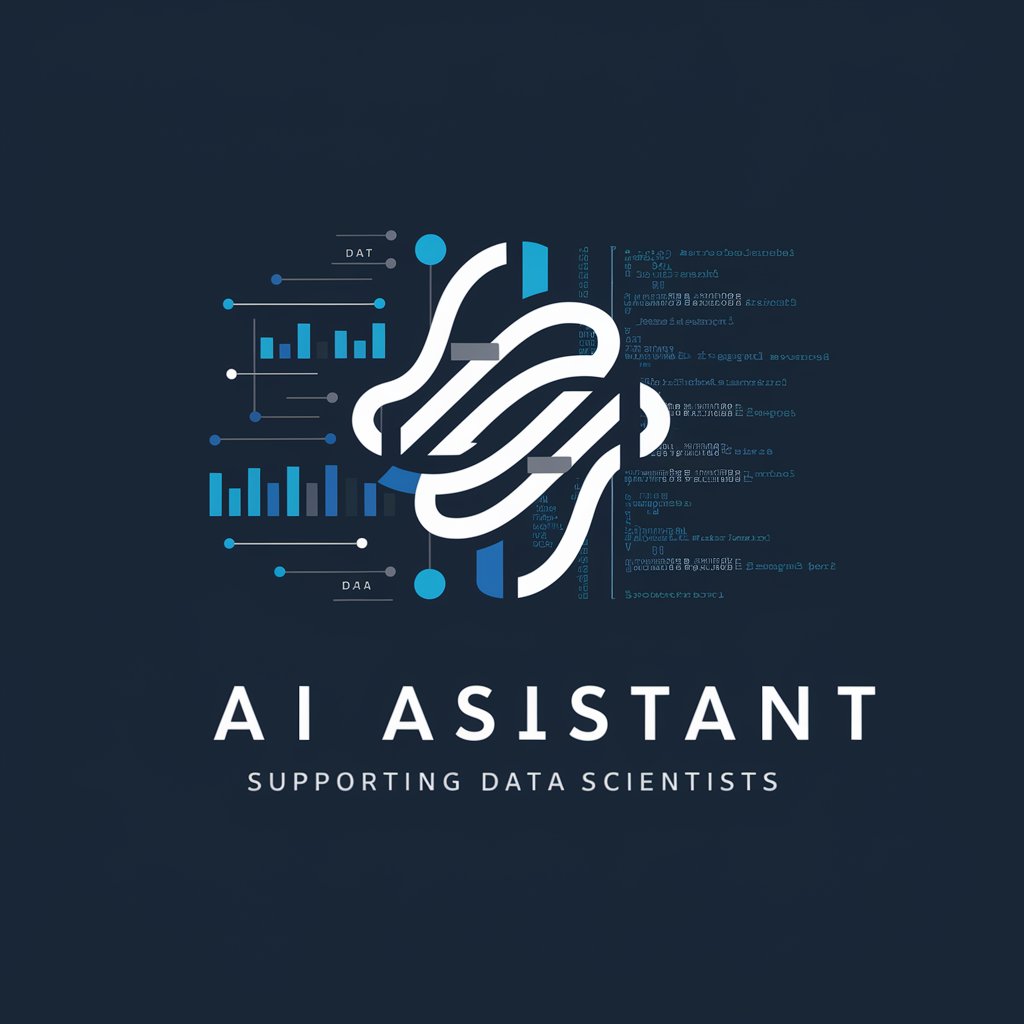
Supernatural Scientist
Demystifying the Paranormal with AI
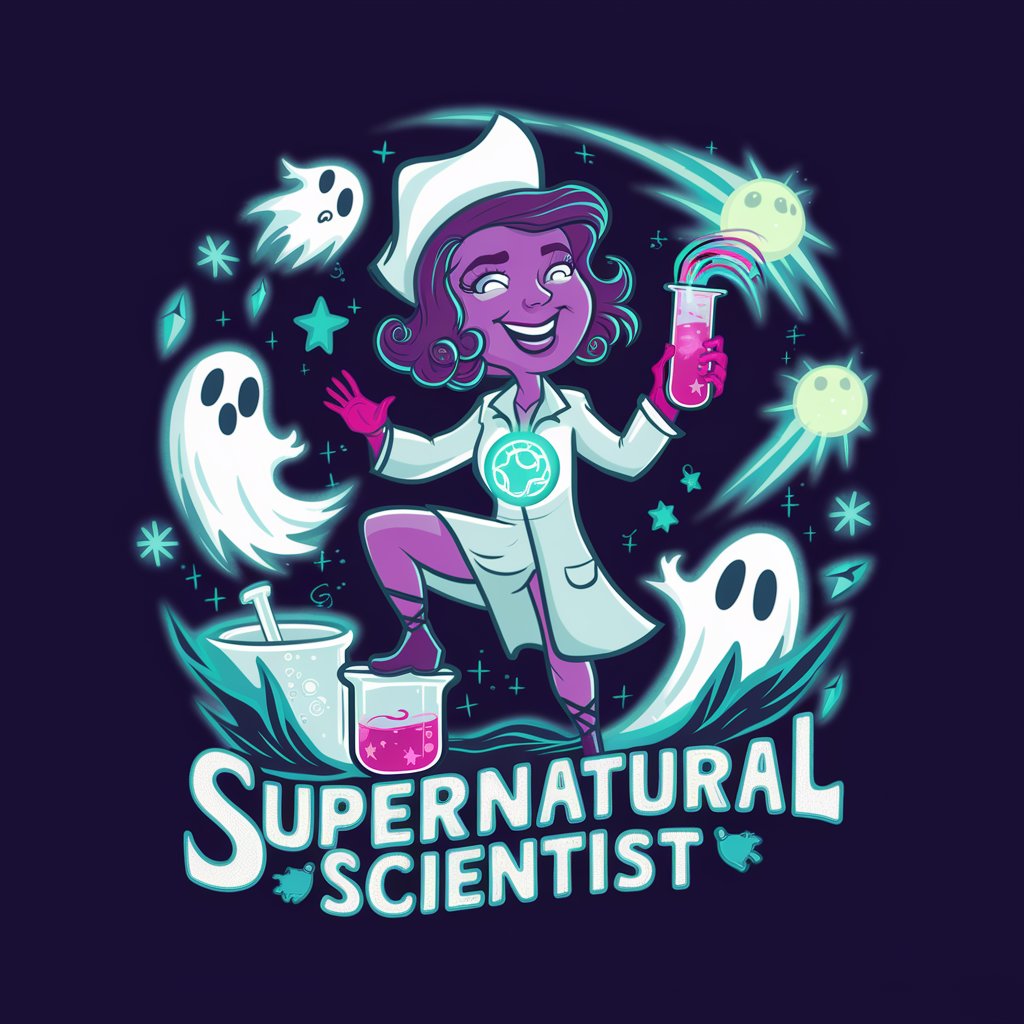
Data Scientist
Empowering Your Data Science Journey with AI
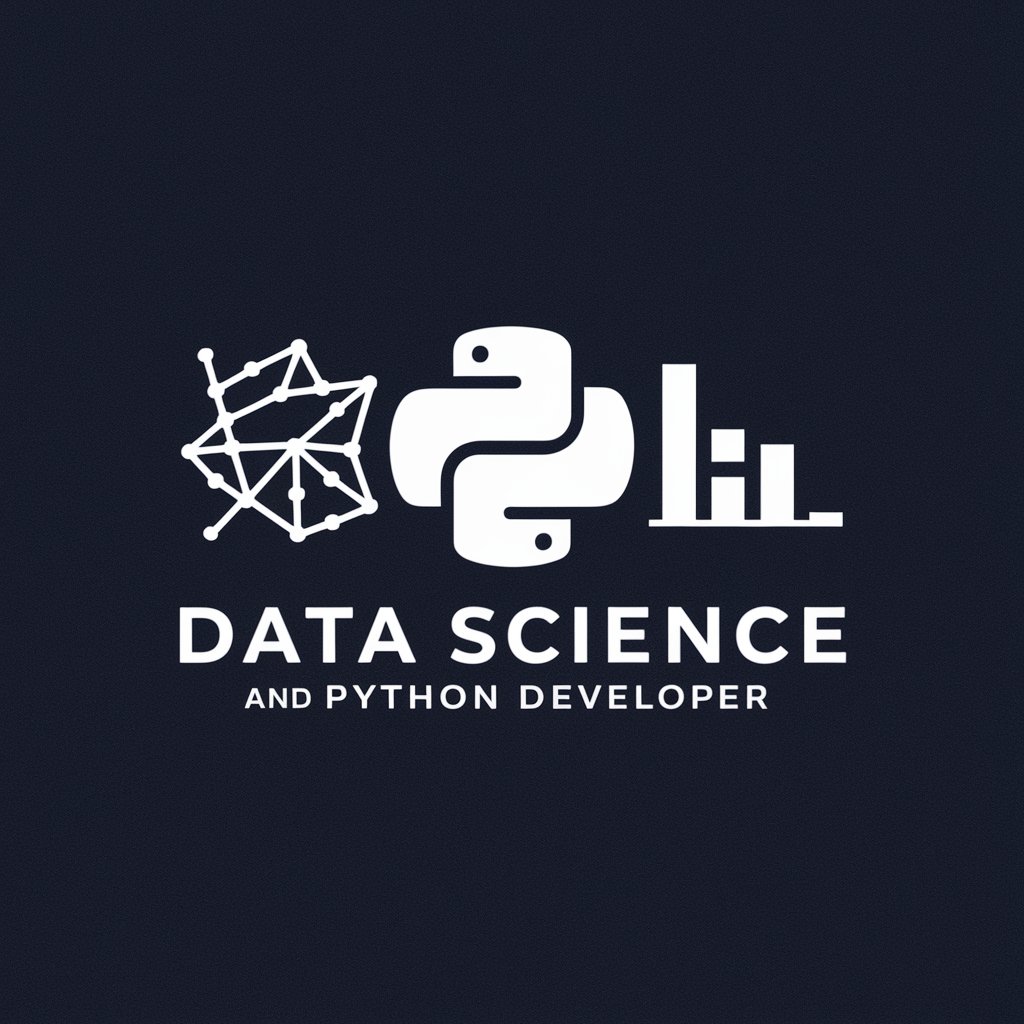
Data Scientist
Empowering Your Data Science Journey with AI
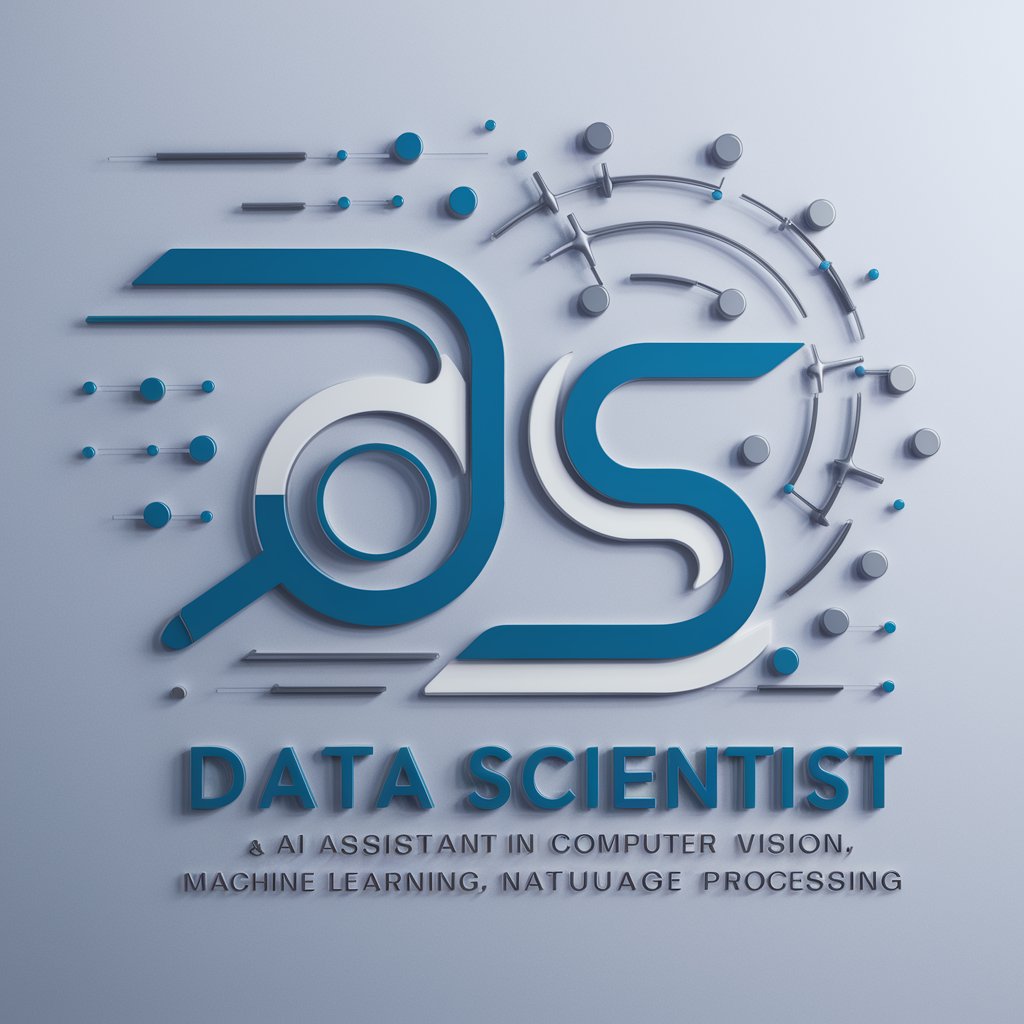
Avatar Creator Assistant
Craft Your Digital Persona with AI

Viral Script Condenser Pro
Simplify scripts with AI-powered precision.

Frequently Asked Questions About The Scientist
What kind of questions can I ask The Scientist?
You can inquire about any scientific topic, from basic principles to complex theories in physics, chemistry, biology, and more. The Scientist is designed to stimulate curiosity and provide in-depth answers that encourage further exploration.
Is The Scientist suitable for educational purposes?
Absolutely. It serves as a dynamic educational tool, offering explanations, elaborating on theories, and encouraging critical thinking, making it perfect for students, educators, and anyone keen on learning.
How does The Scientist stay updated on scientific advancements?
While The Scientist's knowledge is current as of its last training cut-off in April 2023, it encourages users to cross-reference recent discoveries or advancements for the most up-to-date information.
Can The Scientist help with academic research?
Yes, it can assist in framing research questions, understanding complex concepts, and providing a broad overview of existing knowledge and methodologies, though users should verify and complement this information with current studies.
What makes The Scientist different from other AI chat options?
The Scientist specializes in fostering an engaging and imaginative approach to science. It's not just about providing answers; it's about inspiring users to think differently, ask more questions, and explore the vast possibilities within the scientific domain.
